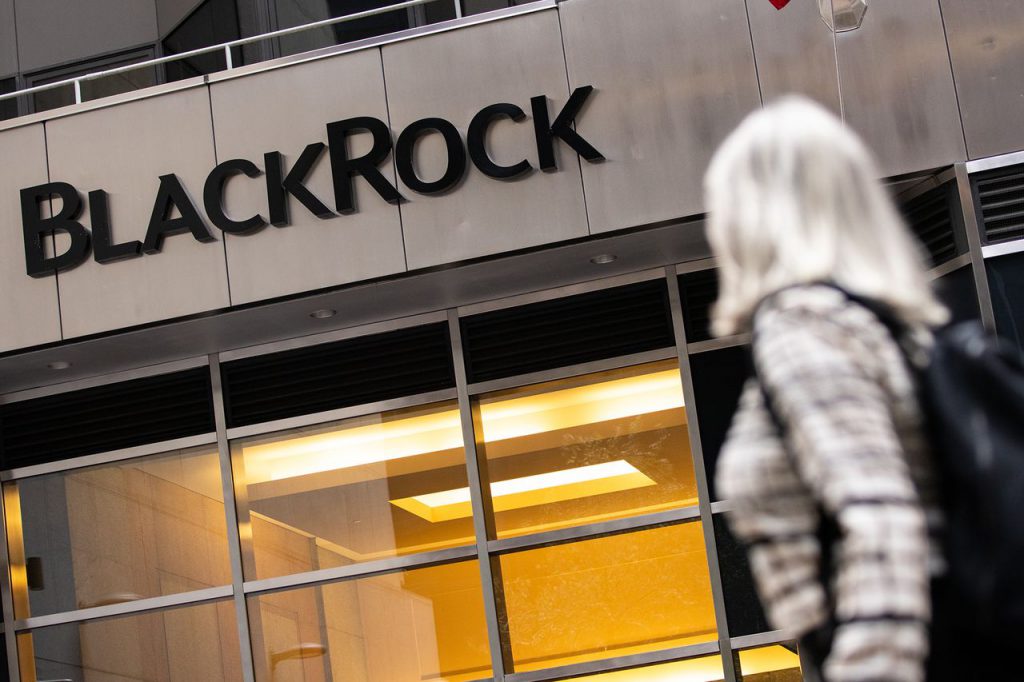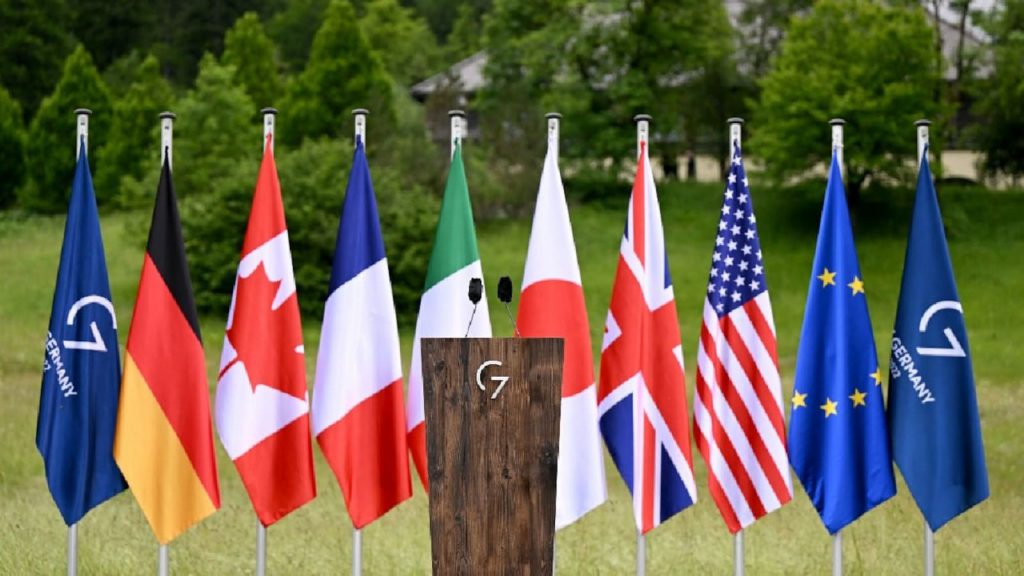BRICS: BlackRock Issues Economic Warning to G7 Alliance
As BRICS has continued its growth plan, BlackRock CEO Larry Fink has issued a stern economic warning to the G7 countries. Fink took to the Financial Times to pen a piece urging the grouping to reevaluate its infrastructure amid a looming debt crisis in 2030.
The BlackRock head noted that the seven nations in the grouping account “for 61 per cent of the planet’s public debt.” Moreover, he stated that the “economic future of the world’s major democracies” depends on its ability to decrease that figure over the next several years.

Also Read: BRICS: 2 New Developing Countries Apply To Join Alliance in 2024
BlackRock CEO Calls on G7 to Take Action Against Looming Debt Crisis
The last two years have seen the BRICS alliance firmly commit to growth. The grouping has already nearly doubled its membership. Now, its incoming 2024 summit will likely see it invite new members for the second time in as many years. Meanwhile, the Western alliance is headed for a troubled state.
It feels as though competition is fueling their dissension. As BRICS grows, BlackRock has given an economic warning to the G7 alliance. Specifically, Larry Fink has urged the necessity for growth and infrastructure development to give the bloc any kind of shot for the next several years.
“The US, UK and their allies are staring down the same growth dilemma,” Fink said. “Debt burdens have become so large that traditional fiscal policies can no longer tame them. By 2030, what the USU government must pay out (mandatory spending plus net interest on debt) will permanently exceed what it takes in (tax revenue).”

Also Read: G7: Could the Alliance Launch Its Own Digital Payment System?
Fink’s statement clearly shows that the state of the debt issue is one that can no longer be ignored. “Even if discretionary spending went to 0, the country would still run a deficit,” he added. Additionally, he said that traditional spending cuts or tax increases wouldn’t be enough to “solve the debt crisis.”
That isn’t just an American issue, Fink ensures. “That’s true for most G7 nations.” While the alliance accounts for 45% of global GDP, the figure is losing ground. Specifically, it is losing ground to a growing BRICS contingent. But perhaps the most harrowing of the statistics Fink shares is that the G7 accounts for “11 per cent” of the global work force.
Throughout the piece, Fink calls for growth. Moreover, he urges growth and pragmatism as the only way to freedom. “By 2065, Canada will be the only G7 nation not on a demographic downslope.” These things have to shift, or the next five years could look very different geopolitically.
